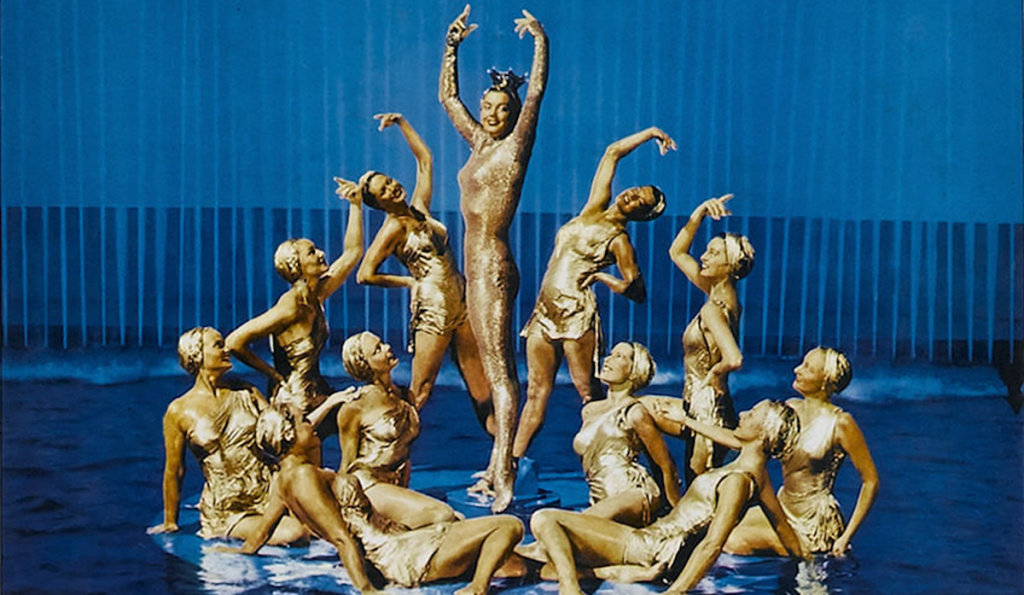Early in my September 2020 interview with director Roger Michell about his new dramedy Blackbird, I noted that he had one of the most eclectic careers in modern cinema.
“Is that good or bad?” he asked with a laugh.
I replied that his ability to hit so many different genres well was indeed a good thing. Though I didn’t get into specifics about his misfires — namely the awkward FDR biopic Hyde Park on Hudson and the almost laugh-free talk show “comedy” Morning Glory — I instead stressed that he’s delivered far more highs than lows across a range of cinematic categories.
Best known for the rom-com Notting Hill, Michell could easily merit a box set of his lighter fare with it: the bubbly documentary Tea with the Dames, the retiree rom-dram Le Week-End, and the fact-based crime/comedy The Duke, the director’s final narrative feature before his untimely death in 2021 at the age of 65.
But for as many laughs as these films elicit, there’s an underlying melancholy to each of them that suggests Michell is drawn to the sadder and more honest sides of existence. And on the few occasions when he more fully leans into the darker side of humanity, his best films emerge.
Among them is his masterpiece, Changing Lanes, which Kino Lorber gives the 4K + Blu-ray treatment on March 19. Released in April 2002 yet filmed in a New York City where the Twin Towers still stand tall in the Manhattan skyline, this knotty thriller about the day-long repercussions of a fender-bender between high-powered attorney Gavin Banek (Ben Affleck) and hard-luck alcoholic Doyle Gipson (Samuel L. Jackson) carries an extra ominous layer in its straddling of the pre-post 9/11 line.
Under this fascinating shadow, the artist behind the camera doesn’t feel like the same man who guided Julia Roberts and Hugh Grant to romantic glory three years prior. The fast edits, wide variety of angles, and the interplay between gritty, street-level tensions and expensive Wall Street office drama recalls Spike Lee, John McTiernan, and Joe Carnahan — filmmakers willing to get a little dirty in order to expose society’s seedy underbelly.
Within this solid technical foundation, the active storytelling by screenwriters Chap Taylor and Michael Tolkin shines as desperation mounts for Gavin and Doyle, who engage in a dangerous game of one-upmanship that threatens to ruin both men’s lives in a matter of hours.
Aided by a knockout supporting cast — including Toni Collette, William Hurt, Sydney Pollack, Richard Jenkins, Dylan Baker, Amanda Peet, and Bruce Altman — Affleck is at his most punchable while the script offers Jackson a rare non-Tarantino role where he gets to show his strength as a dramatic actor. Separately and in their handful of shared scenes, the co-leads get at the heart of human nature and what people are capable of in extreme circumstances, building to one of cinema’s most well-earned and realistic happy endings that implies people often have to go through hell to get what they deserve.

Just deserts are also at the heart of Michell’s final drama, My Cousin Rachel, which the filmmaker adapted himself from the Daphne Du Maurier novel of the same name. Set in 1830s Cornwall, the tale of young heir Philip (Sam Claflin) seeking revenge on the titular widow (Rachel Weisz) — whom he believes poisoned his father figure after a surprise marriage and is after the family fortune — finds the director confidently translating his suspenseful ways to a period setting.
Much like Changing Lanes, the film is elevated by Michell’s fascination with dichotomies — this time the contrasts between a naive 24-year-old man and a far more experienced woman who unexpectedly enchants him. The director and his cinematographer Mike Eley additionally play up these differences on a visual level, juxtaposing the expansive sunny refuge of the countryside that’s long brought Philip comfort against the shadowy interiors of the stately mansion that’s now the young master’s alone — a space that he’s ill-equipped to navigate as the Man of the House.
Awash in gothic horror vibes, the 19th century tale also sees Michell further diversify his storytelling. While Changing Lanes is a fairly straightforward narrative that leaves few loose ends, ambiguity is one of My Cousin Rachel’s core strengths and, speaking from experience, there’s plentiful reward to be had in multiple viewings — one convinced that Rachel is guilty of murder and deception, and another assured that Philip has completely misjudged her. Certain revelations arise and arguably tip the scales of the “did she or didn’t she” debate, yet a lack of resolution deliciously endures.
Despite the work’s romantic elements, it’s not exactly Julia Roberts monologuing about “a girl, standing in front of a boy, asking him to love her.” Instead, it’s an exciting new chapter from an underrated, chameleonic filmmaker whose name should be synonymous with versatility. While Michell himself seemed self-conscious of being a potential “jack of all trades, master of none” during our interview, he need not have worried. When it comes to dark thrillers, he is indeed a master.
“Changing Lanes” is newly available on 4K UHD Blu-ray from KL Studio Classics; it’s also streaming on Paramount+. “My Cousin Rachel” is available for digital rental or purchase.



